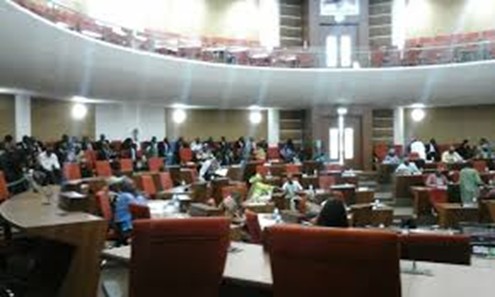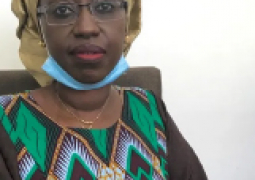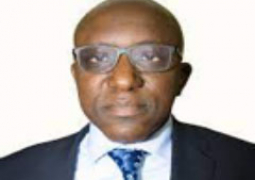
Gibba went on to paint a bleak picture of several state institutions, warning that commissions such as GICTA and the Access to Information Commission were operating with zero staff, despite the Assembly approving their bills.
He questioned the purpose of passing laws when the government failed to resource the very institutions created. “What is the essence of us approving bills? Or are we only trying to beautify donors?” he asked. He also criticised the lack of prioritisation in the education sector and warned that the Defence Ministry should not rely on the Assembly to fix gaps while operating with unfunded commitments. “Why do you approve what you cannot fund?” he pressed.
Joining the debate, Hon. Sheriff Sarr, of Jeshwang, shifted the focus to revenue mobilisation, lamenting that budget discussions often centre on spending rather than collection. “You must collect before you spend,” he said, noting a six-billion-dalasi increase in revenue projections but questioning the realism behind it.
He highlighted concerns over special investment certificates (SICs), which benefit companies but are poorly monitored, resulting in substantial lost revenue. “Some companies are not manufacturing just importing and selling,” he warned.
He urged proper monitoring and better targeting of revenue-collecting departments.
Sarr further lamented the deteriorating state of the agriculture sector, where offices lack basic furnishings, departments are dying, and fertiliser quality cannot be tested in country because agricultural labs are nonfunctional. He called for motivation of frontline departments such as GID and the Ministry of Interior, insisting they can collect far more if incentivised.
He also raised alarm over road infrastructure revenue, saying levies are too small to sustain growing road maintenance needs. “We build today and rehabilitate next week,” he said, criticising the reduction of levies and lack of departmental autonomy.
Hon. Musa Cham of Serrekunda took a more structural approach, questioning why many self-generated departmental revenues were not disclosed in the budget, rendering the estimates non-compliant with the Public Finance Act.
He cited the Ministry of Agriculture’s 152 million dalasi revenue in 2025 that appeared as zero in 2026, alongside missing revenue lines from EcoBus, universities, foreign affairs and other ministries. “If they were disclosed, we would know our real revenue potential,” he argued.
Cham further warned that the real deficit was closer to 25 billion, not the two billion suggested in debates, given the uncertainty of grants and budget support. He urged the government to invest in productive sectors such as fisheries, reminding members that the country’s 212 nautical miles of ocean remain underutilised while foreign entities benefit disproportionately.
He closed with a series of probing questions to the minister concerning project grants, rising personnel costs, and the capacity of ministries to implement donor-funded projects. Cham also appealed for greater support to the SOE Commission, which he described as overstretched but vital for preventing state-owned enterprises from collapsing or being privatised.



